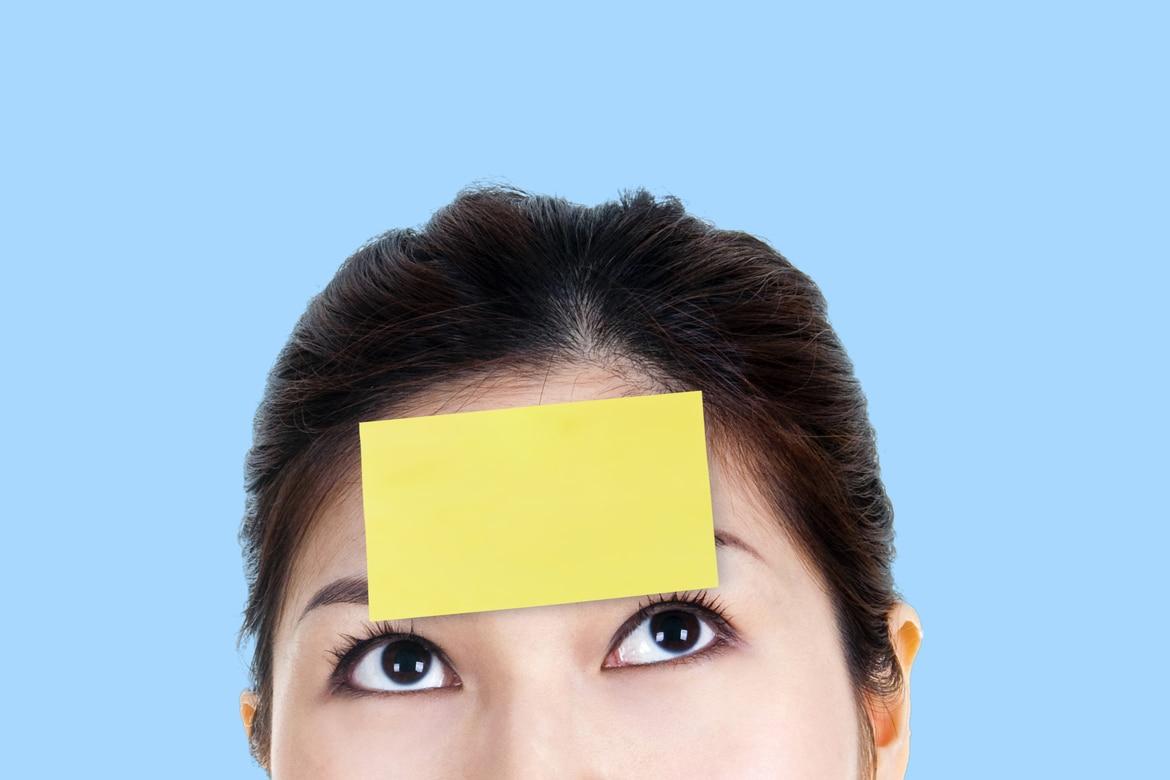Health Plus articles
Dementia: What You Should Know
As cases of dementia rise in Singapore, here's what you should know about the condition.
Curious about Your Brain's Health? Test It!
Health screenings for the body can give us peace of mind, so why not consider testing our brain to see if it's working at its best?
Can Working from Home Trigger Headaches?
Working from home has its perks, but it can also be the cause of those headaches. Find out what you can do about it and when to seek help.
Stroke Rehabilitation: The Key to Your Recovery?
A stroke can be life-changing, but rehabilitation can help you regain your abilities and skills during recovery.
Things That Can Help or Hurt Your Memory
Always forgetting things, like your colleagues’ names, your best friend’s birthday or where you left your house keys? Combat forgetfulness with our list of things that help and hurt your memory.
When to See a Doctor for Your Headache
Can frequent headaches be a sign of something serious? Here's what you need to know.










